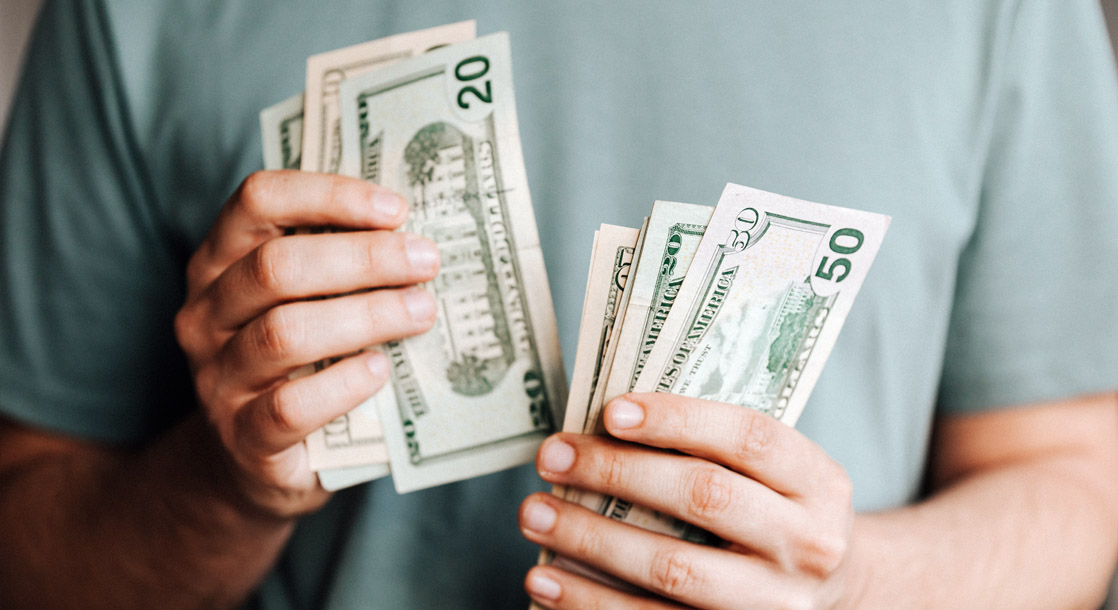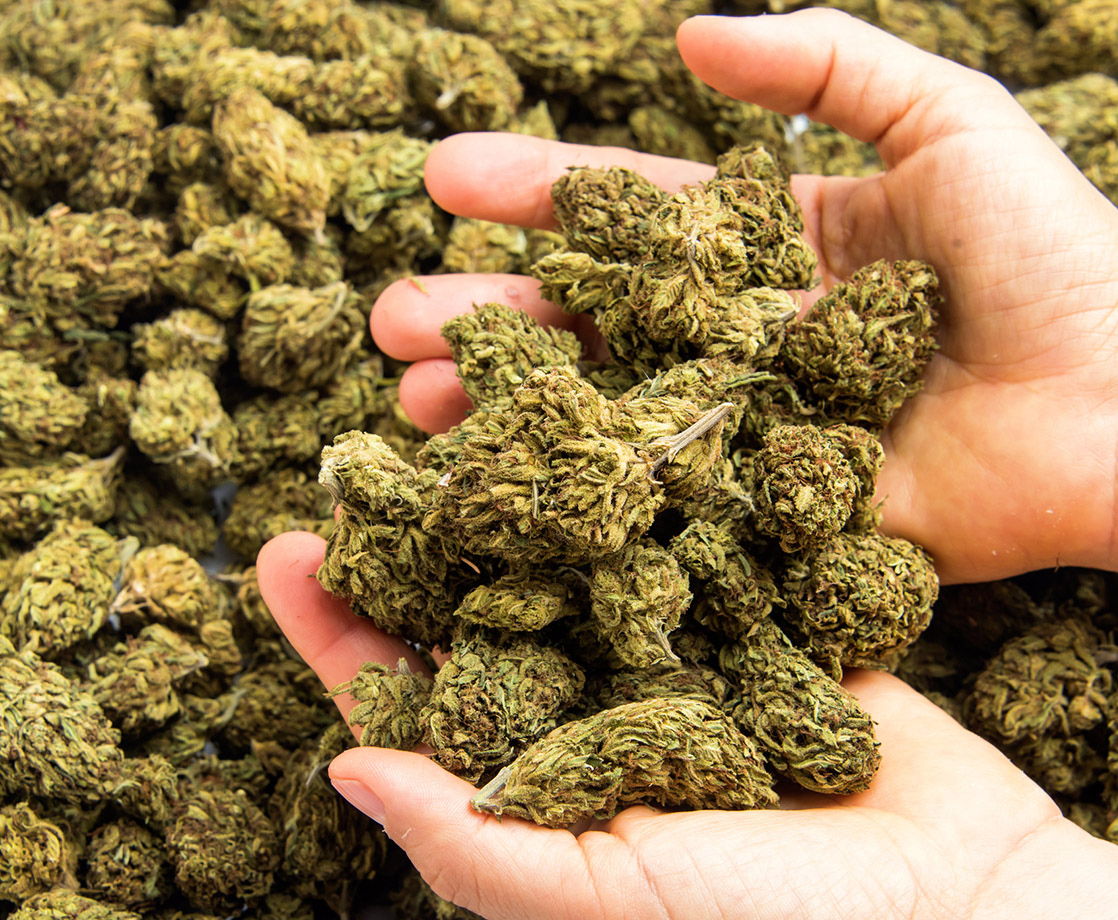The first month of Vermont’s recreational cannabis sales totals are in, with the 650,000-person state racking up a cool $2.6 million in adult-use marijuana purchases.
Those figures come from the state’s Department of Taxes, and they also came with a $473,231 tax revenue windfall for the state, generated from its 14 percent excise and six percent sales taxes.
“They look pretty much like our projections were accurate,” James Pepper, chair of the Vermont Cannabis Control Board, told Seven Days, a local independent news outlet.
The state legislature’s Joint Fiscal Office had initially projected that recreational sales would hit about $3 million to $9 million per month, with excise taxes alone topping out around $275,000 to $758,000. But a subsequent investigation by a consultant brought those expected numbers down a bit, to excise taxes of $233,000 to $267,000 per month, Seven Days reported.
Executive director of the state’s Cannabis Control Board (the agency tasked with overseeing the Vermont cannabis industry) Brynn Hare added that the state appeared to be on track to hit its predictions for the 2023 fiscal year.
That cannabis excise tax revenue will go in large part to Vermont’s general fund (70%), with 30% heading to a “substance misuse and prevention fund.” Sales tax revenue goes to support afterschool and summer learning programs in the public school system.
Vermont’s first three recreational cannabis stores — FLORA Cannabis in Middlebury, Mountain Girl Cannabis in Rutland and CeresMED in Burlington — swung into retail action on October 1, with other locations opening their doors soon after.
There are currently 36 recreational cannabis retail licenses that have been granted in the state, according to MJ Biz Daily. The same publication estimates Vermont will see $40 to $65 million in recreational sales, and $10 to $12 million of medical sales, next year.
Though possession and consumption of the drug had actually been on the books going back two years prior, Vermont legalized the sale of adult-use weed back in 2020 with the passage of Senate Bill 54. Its approval made it the 11th US state to do so at the time. The state’s Republican Governor Phill Scott did not sign off on the law, however, citing concerns over its lack of social justice requirements for the budding industry.
“This has been a top priority for the majority in the Legislature for four years, but their work is not complete,” Scott said at the time. “They must ensure equity in this new policy and prevent their priority from becoming a public health problem for current and future generations.”
Though Scott withheld his signature from the initial adult-use legalization bill, he did sign on that guaranteed automatic expungement of criminal charges related to the possession of less than two ounces of pot. Then in 2021, he signed a bill earmarking $500,000 to create a business development fund designed to help cannabis social equity business applicants.
Follow Caitlin on Instagram, and catch her Spanish-language podcast Crónica on Spotify and Mixcloud.
Cover image via











